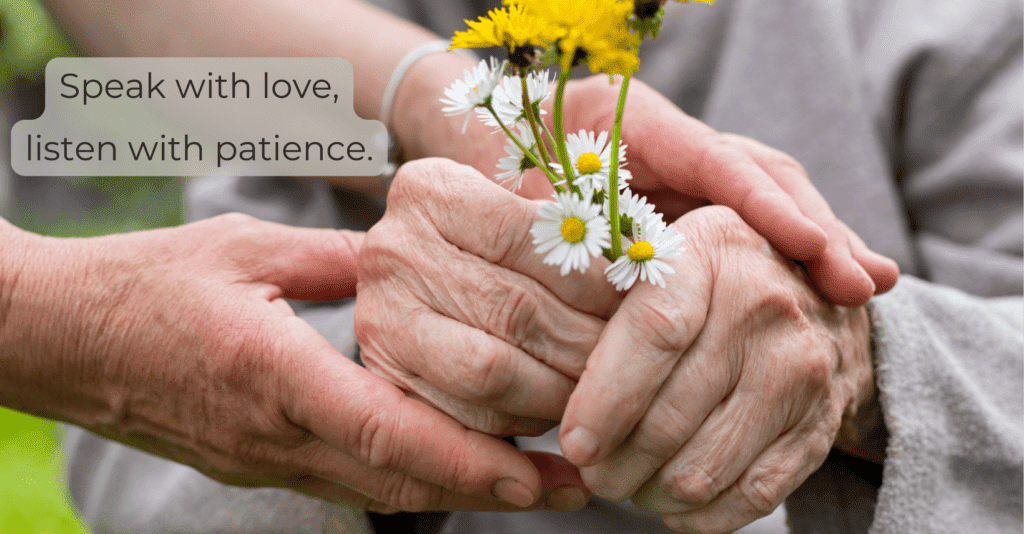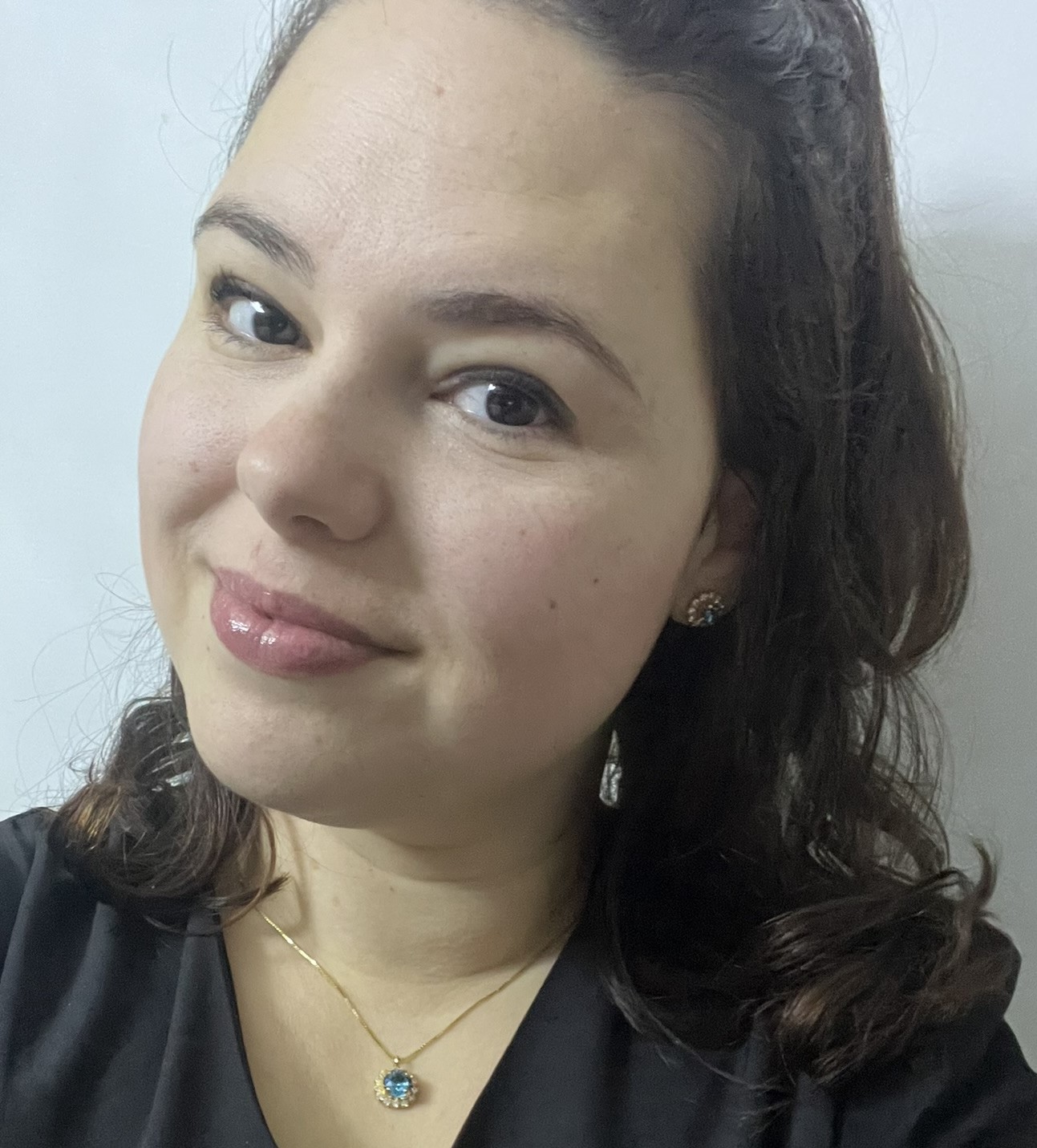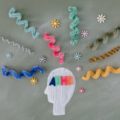
‘Mum, do you remember me?’
‘Dad, what are the names of my children?’
‘No, my mum doesn’t understand us’.
‘You can order pizza for lunch; she does not like fish’.
This scenario is seen and heard all too frequently within the community, in care homes, and even on social media. As a speech-language pathologist working with adults and the elderly, I am pained each time by the look of confusion and desperation in the individual with dementia, who is often unable to reciprocate or understand a conversation. ‘Why?’ one may ask. The answer is that we should preserve one’s dignity throughout the disease’s progression.
One of the symptoms of dementia is language difficulties. People with dementia, among other signs, show problems with understanding written or expressive language, finding words (anomia), and a lack of cohesion in discourse. This often leads to challenging behaviour because the person with dementia will have difficulties understanding what others are saying or cannot get their message across.
The Malta Dementia Society is currently offering talks on how to help family members, caregivers, and people who might come in contact with those with dementia communicate.
Here are some tips on how to adapt communication to suit the needs of those with dementia:
- Do not assume that the person with dementia does not understand what you are saying
- Do not speak about them as if they are not there
- Do not speak for the person
- Be patient
- Offer choices
- Simplify the language that you use
- Use clear speech
- Ask yes or no questions
- Use gestures/pictures to accompany spoken words
- Reduce distractions and background noise
- Speak to the person at eye level
- Speak slowly
- Do not infantilise
- Accept any form of communication (non-verbal, written, spoken)
- Avoid arguing and correcting the person
Nicola Montesin is a Speech-Language Pathologist and is writing this article on behalf of the Malta Dementia Society.

Nicola Montesin is a speech-language pathologist, currently employed full time within the Speech Language Centre. She currently works full time with adults and the elderly, and forms part of the Dementia Specialised Division within the public sector. She delivers lectures on stroke care for the Malta University Holding Company. Nicola completed her Masters Degree in Ageing and Dementia Studies in 2019 and serves a committee member for the Malta Dementia Society. Nicola currently provides training to care homes, family members and care staff on how to help people with dementia communicate. Anyone who wishes to attend these lectures can contact the Malta Dementia Society on [email protected].





